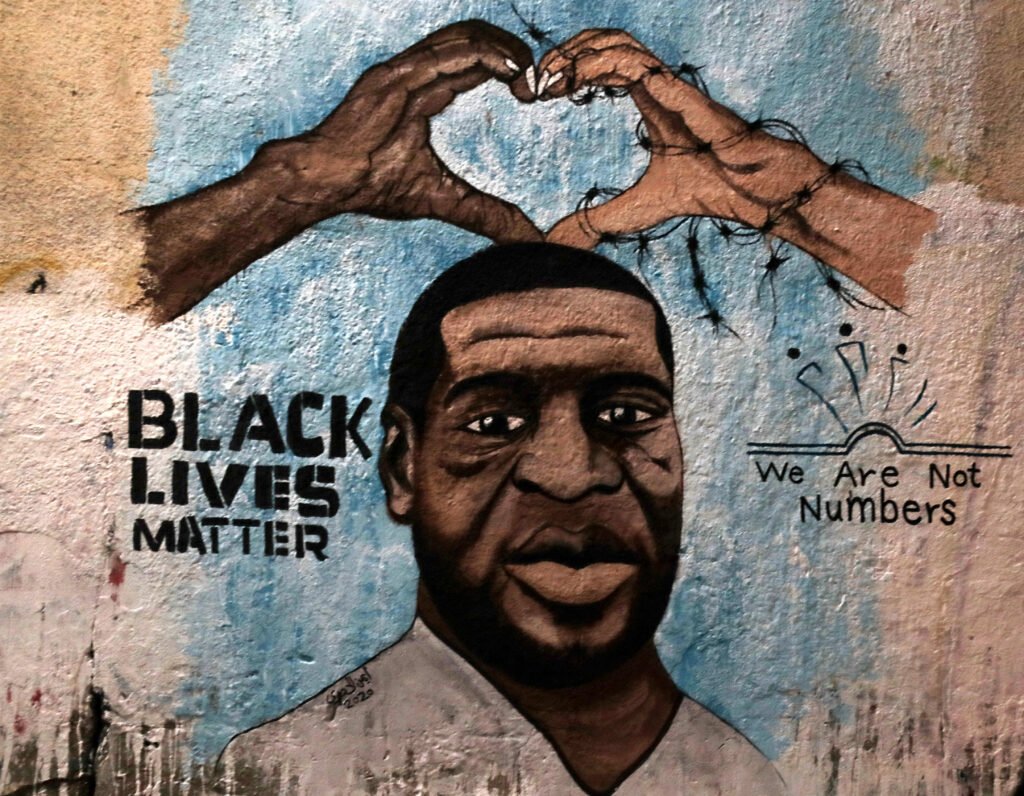- Home
- Teaching
My teaching philosophy has been influenced by Paulo Freire’s critical pedagogy, bell hooks’ offerings on transgressive feminist teaching, the Black radical tradition, decolonizing the curriculum movement in South Africa, and a Tagorean ethos of outdoor learning. I am committed to accessible and decolonial pedagogic practices. My teaching interests include:

How are media and the environment co-constitutive? How does media produce environments and how are environmental concerns central to the production of media? This course will introduce students to intellectual genealogies of media ecologies and ecomedia, rhetorical formulations of environmental issues, political mediations of air, water and land, as well as processes of media technological extraction definitive of the Anthropocene. Readings and material will cover a range of contexts, from mediated extractions in colonial Asia and Africa to ecomedial histories of Indigenous dispossession and resistance across the world. The course will also offer an understanding of long-standing debates in media studies and the environmental humanities pertaining to nature and culture, life and non-life, as well as domination and resistance

This course will explore the interdisciplinary field of sound studies and its relationship with culture and power. Students will develop critical listening skills in relation to sonic media, culture, politics, and art from humanistic perspectives. In exploring the relationship between sound and power, the course will focus on questions of race, gender, class, ability and environmentalism as central to understanding sonic media. The course will also discuss the historical as well as contemporary role of sonic technologies in shaping politics, from twentieth century radio propaganda and protest music to current implications of audio deepfakes and voice recognition. Materials will be prescribed from across the Global North and South to learn about diverse sonic cultures. Students will also engage in sound walks, collective listening exercises and digital sound editing..


What does it mean to think mediatically from the South? What would a media studies ‘canon’ from the South constitute? This course introduces students to media theory, culture and politics from the Global South. It will discuss questions of modernity, statehood, and subjectivity on the one hand, and those of memory, transmission and processing on the other, as they emerge from and are experienced in the Global South. In addition to destabilizing Germany, Canada and the US as the sole sites for canonical media theory, this course will introduce students to media scholarship from Colombia, Nigeria, India and other parts of Asia, Africa and Latin America. It will also discuss media in relation to migration, Indigeneity and race from both the Global South as well as the many Souths in the Global North.

What has been the historical and contemporary role of media in constructing the category of ‘race’ globally? How were media colonialisms emerging from surveillance, bureaucracy, forensics, and anthropometry central in creating the racialized other? How did such racial constructions travel within the colonial empire? And how have such racialized media retained their structural centrality in postcolonial and settler-colonial contexts? This course will investigate the pasts, presents and futures of race as constructed through global techno-political processes: colonial subjugation, postcolonial conflicts, social movements, and social media. It will also build on the idea of race as understood in the context of the Western world by exploring other media geographies across Asia, Africa and Latin America to understand its intersections with caste, ethnicity, gender, location, and Indigeneity.



Surveillance is ubiquitous in the contemporary world. This course will explore the longer histories, differential impacts, and multiple scales of surveillance across technologies and contexts. Through three thematic segments – genealogies, differences, and sites – it will cover some fundamental issues in surveillance studies such as its colonial origins, racialized and gendered dynamics, policing technologies, dispersed sites such as borders and occupied territories, and its ever-incremental scales. The course will introduce students to the specificities of different surveillance media such as documentary, biometric, visual, sonic, and datafied forms of surveillance. It will also bring together the everyday experience of surveillance technologies and the macro-ideologies of capitalism, colonialism and state power that govern subjects. The course materials include foundational theoretical readings, empirically rooted accounts of surveillance, films, and class exercises on the subject.